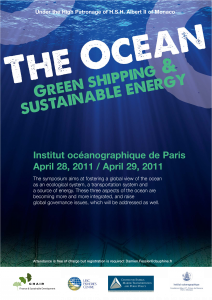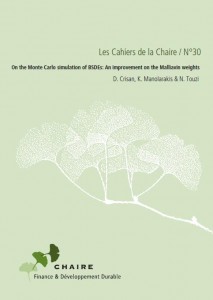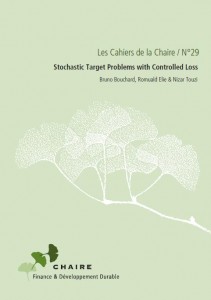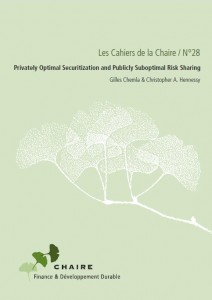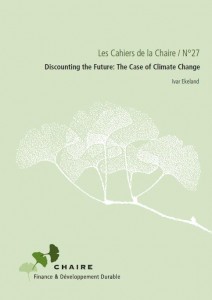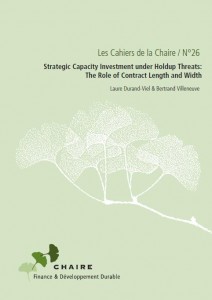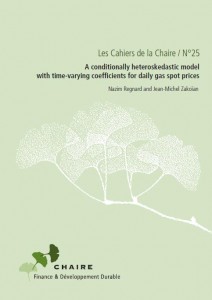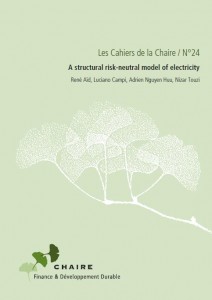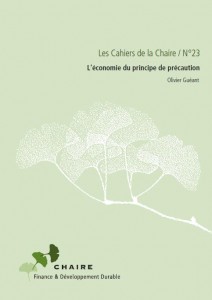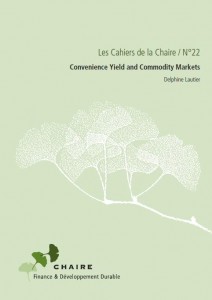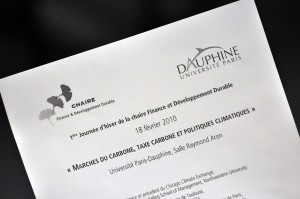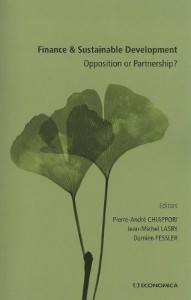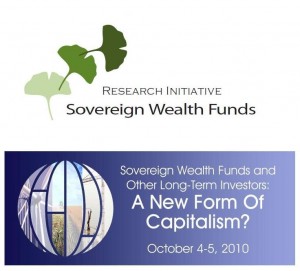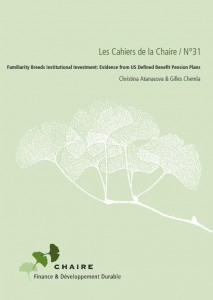 by Christina Atanasova & Gilles Chemla (Cahier de la Chaire n°31)
by Christina Atanasova & Gilles Chemla (Cahier de la Chaire n°31)
This paper provides new evidence that familiarity bias affects the portfolios ofinstitutional investors. Using a sample of large US defined-benefit pension plans for the period1992 to 2002, we show that the corporate focus of the sponsoring firm has an impact on theinvestment policy of the pension plan. Pension plans sponsored by firms with a high proportionof foreign sales are more likely to invest in international assets, plans sponsored by firms thatare active in research and development are more likely to invest in private equity, and planswith sponsors that have more fixed assets are more likely to invest in real estate andmortgages. Comparing to existing explanations of why plans tilt their portfolios towards thesponsor’s focus, familiarity bias is the most compelling one. The worse performance of pensionplans with such portfolio allocation bias is consistent with pension managers being overconfidentabout familiar assets.
Keywords: Institutional investment, defined benefit pension plans, familiarity bias

